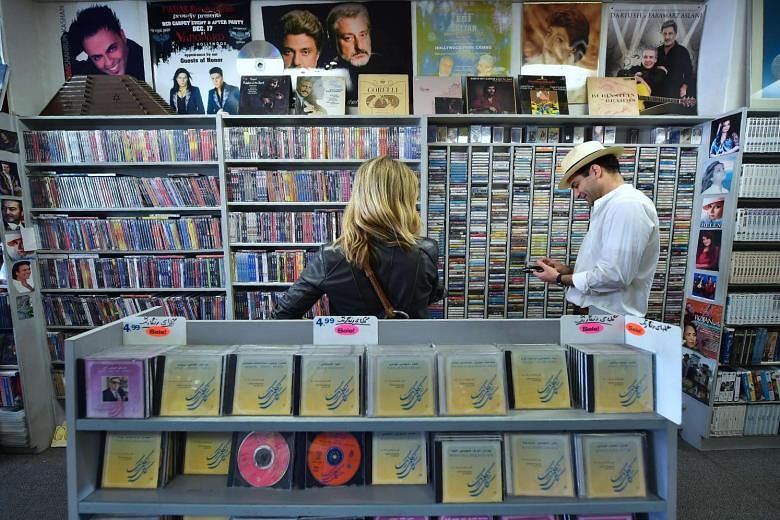Many couples have a special song - "our song" - that reminds them of a significant event in their relationship, like when they first met or their wedding day.
The effects of having a shared song are powerful and can be retained well into old age, even in the face of cognitive decline that occurs in dementia. There are cases of people with severe dementia who not only can remember "our song", but can also play a musical instrument, and learn and recall new music, despite having no formal music training.
How is this possible? Research shows that music provides a "super stimulus" for the brain. It activates the brain, including the parts that control movement, emotion and memory.
A person's favourite songs can powerfully engage the brain's frontal regions, which are spared from damage in those with Alzheimer's disease. This means music can trigger memories that reconnect to a shared past.
THE POWER OF MUSIC
Our research shows that in people with dementia, music triggers personal memories more effectively than other cues, like photographs. Shared songs are most likely to trigger music-evoked autobiographical memories.
For Barbara and her husband David (names changed), who took part in our yet-to-be-published research, music worked wonders.
Barbara was diagnosed with Alzheimer's dementia five years ago and often became confused and agitated. Sometimes, she could not even recognise David.
When she first accused him of being an intruder, David had no idea how he could make her understand that he had been with her for nearly 60 years.
He said it was the power of song that brought her back to him. On the night they first met, they had danced to Unchained Melody by the Righteous Brothers. He sang this to her every day and, eventually, the episodes of her failing to recognise him have stopped.
As with this bonding function, the memories that music most commonly evokes tend to build and maintain social relationships.
Regardless of whether people have dementia, music-evoked memories are often reminiscent of a special someone or of a time of socialising, such as high school dances or wartime romances.
In this way, songs have the potential to be "our songs" and, given the importance of social bonds for people, we may even owe our survival to them.
•Dr Amee Baird is a clinical neuropsychologist at Macquarie University; Professor Bill Thompson is chief investigator in the ARC Centre of Excellence in Cognition and its Disorders at Macquarie University
•This article first appeared in The Conversation (http://theconversation.com), a website which carries analysis by academics and researchers.

